
Article
Accepting the Reality of Secular Stagnation
New approaches are needed to deal with sluggish growth, low interest rates, and an absence of inflation
Recommendation
In this brief survey of old ideas and new realities, noted economist Larry Summers argues persuasively that challenges such as anemic growth need a fresh macroeconomic framework. He resurrects the theory of secular stagnation – a 1930s concept that explains long periods of slow expansion – as the center of a “new old Keynesian economics” suited to fixing modern problems. Though this article predates the coronavirus and the massive US fiscal response, the COVID-19 pandemic makes Summers’s recommendations all the more relevant.
Summary
About the Author
Lawrence H. Summers is a professor at Harvard University. He is a former Treasury secretary and director of the White House National Economic Council.








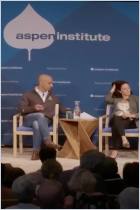
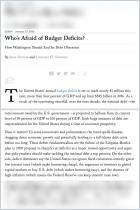
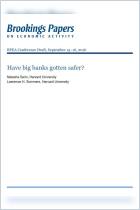
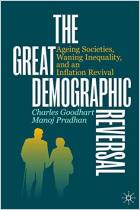
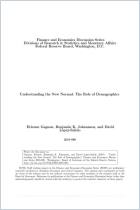
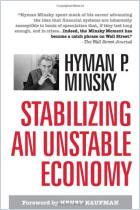
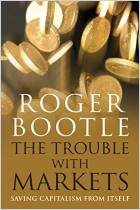
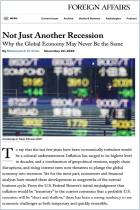
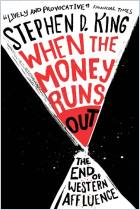



Comment on this summary or Comenzar discusión